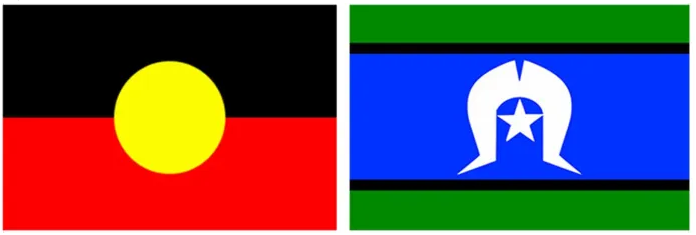- 0393541611
- pascoe.vale.ps@education.vic.gov.au

Throughout this term, we will enhance your child’s comprehension of non-fiction and fiction texts through reciprocal teaching groups and during whole class lessons. Our focus will be on investigating key reading strategies such as predicting, clarifying, questioning, and summarising. Students will be engaging with texts that cover various areas of the curriculum such as physical science, chemical science and physical education. To identify individual reading goals, we will be using the PROBE reading comprehension assessment results, which all students undertook in week one of term 2. Additionally, students will continue to work on their speaking and listening skills throughout the term by reflecting on their contributions during small group tasks, ensuring they are purposeful and meaningful to the conversation.
This term, students will be investigating explanation reports. They’ll be learning about the key elements of sequential explanation texts and how to effectively communicate ideas and processes with supporting evidence. Students will develop a deeper understanding of events, as well as learn to recognise basic cause-and-effect relationships. The second half of term, we will be exploring procedural texts. Students will analyse the structure and logical sequence of instructions, understanding how the order of steps impacts the outcome. They will also focus on language features such as imperative verbs, transitional phrases and precise language that makes instructions clear and easy to follow.
In number and algebra, students will multiply and divide increasingly large numbers. They will apply the same strategies to decimal numbers. Students will work with the inverse relationship between multiplication and division. They will apply their multiplication and division skills to real world problem solving. Students will begin to engage with prime, composite, square and triangular numbers.
Furthermore, they will identify, compare, and describe angles in practical situations, investigating similarities between various angles in different locations. Additionally, we’ll explore data and statistics, delving into the collection, organisation, representation, interpretation, and analysis of data. These transferable skills will be investigated through authentic inquiry into real-world problems, providing students with practical experience in applying their mathematical knowledge.
This term students will be exploring the unit of chemical science, focusing particularly on ‘What is matter?’. They will be exploring different states of matter: solids, liquids, and gases and learn how each of these behaves differently as well as their special properties. Students will be participating in a series of hands-on experiments and engaging activities designed to spark curiosity and deepen their understanding of the world around them. They will discover that when we do things to these materials, like heating them up or cooling them down, some changes can be reversed, like melting ice into water and freezing water back into ice. They’ll also learn about changes that can’t be undone, like when something burns or rusts. It’s an exciting term ahead for them to understand the fascinating world of chemistry!
This term in SEL, students will continue to work through The Resilience Project. Students will engage in a variety of activities and discussions aimed at cultivating gratitude, fostering empathy, and practicing mindfulness. These activities will provide them with opportunities to explore different approaches and strategies for coping with various situations in a positive and constructive manner. At the conclusion of each SEL lesson, students will have the chance to reflect on their understanding and experiences through prompting questions in their student journals. This reflective practice encourages students to internalize and apply the lessons learned, fostering deeper self-awareness and growth.
Additionally, as part of our mindfulness practice, students in Year 5/6 will be invited to share something they are grateful for at the end of each day. This simple yet powerful exercise not only promotes mindfulness but also encourages students to appreciate the positives in their lives, fostering a culture of gratitude within our classroom community.
